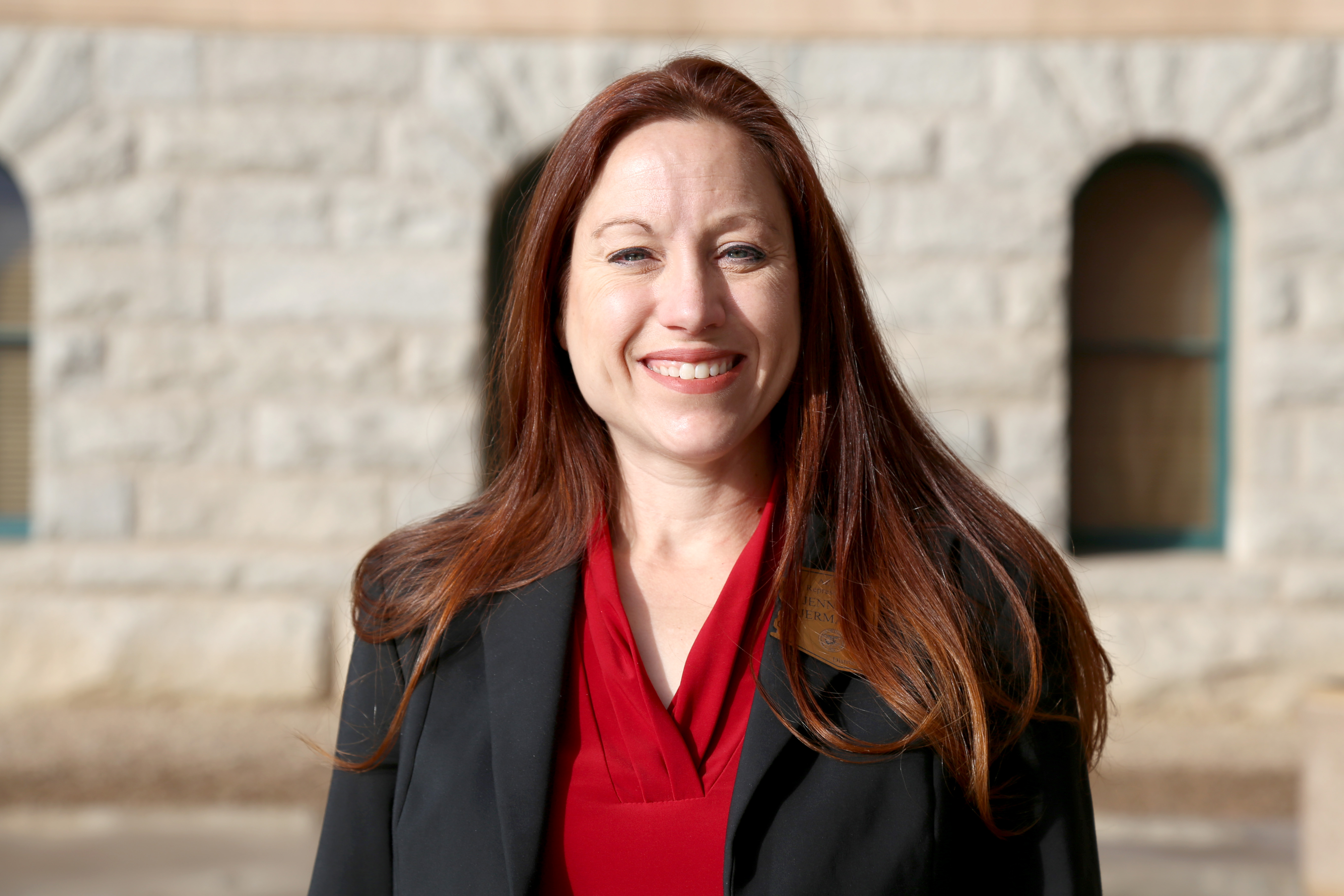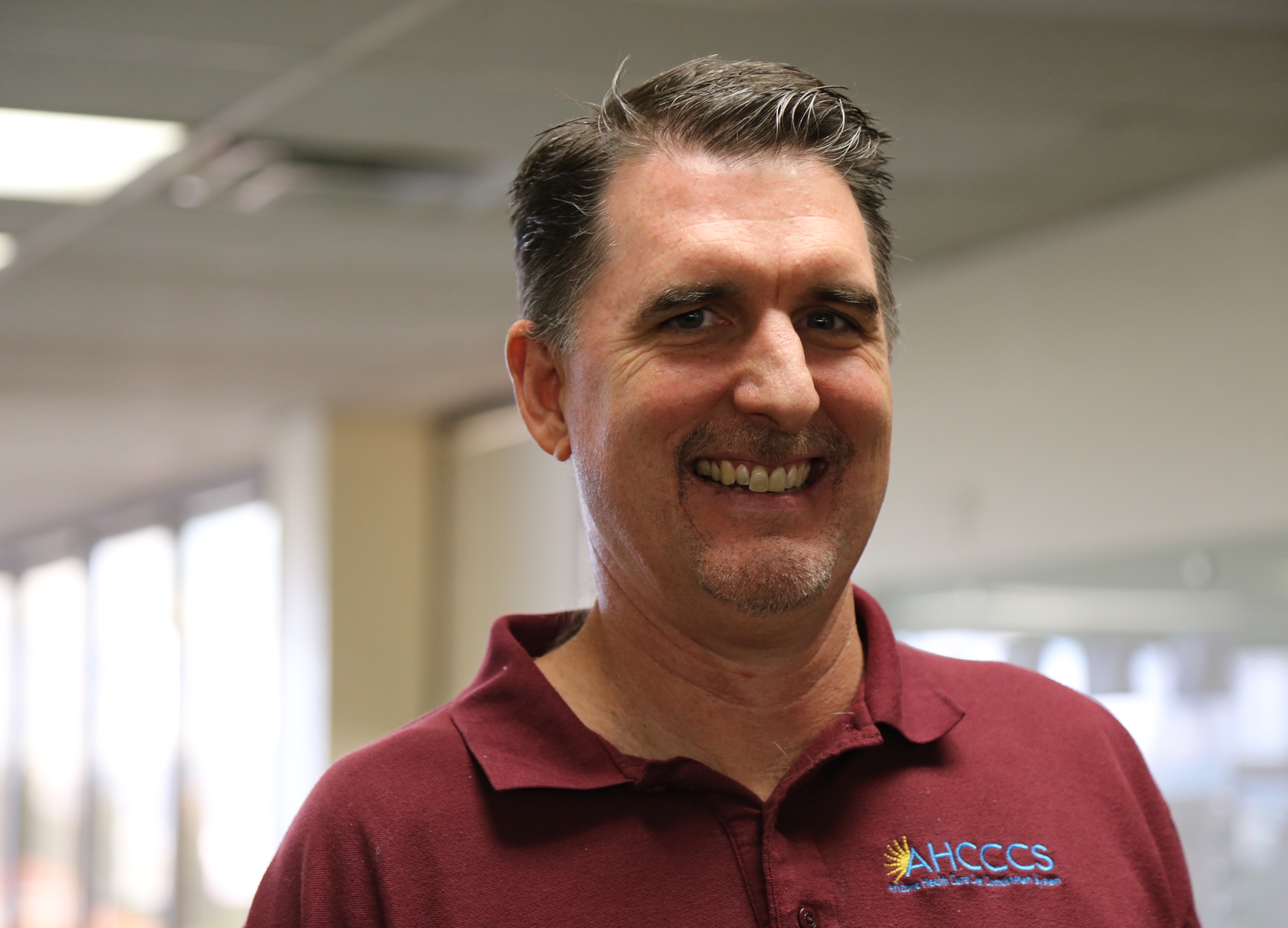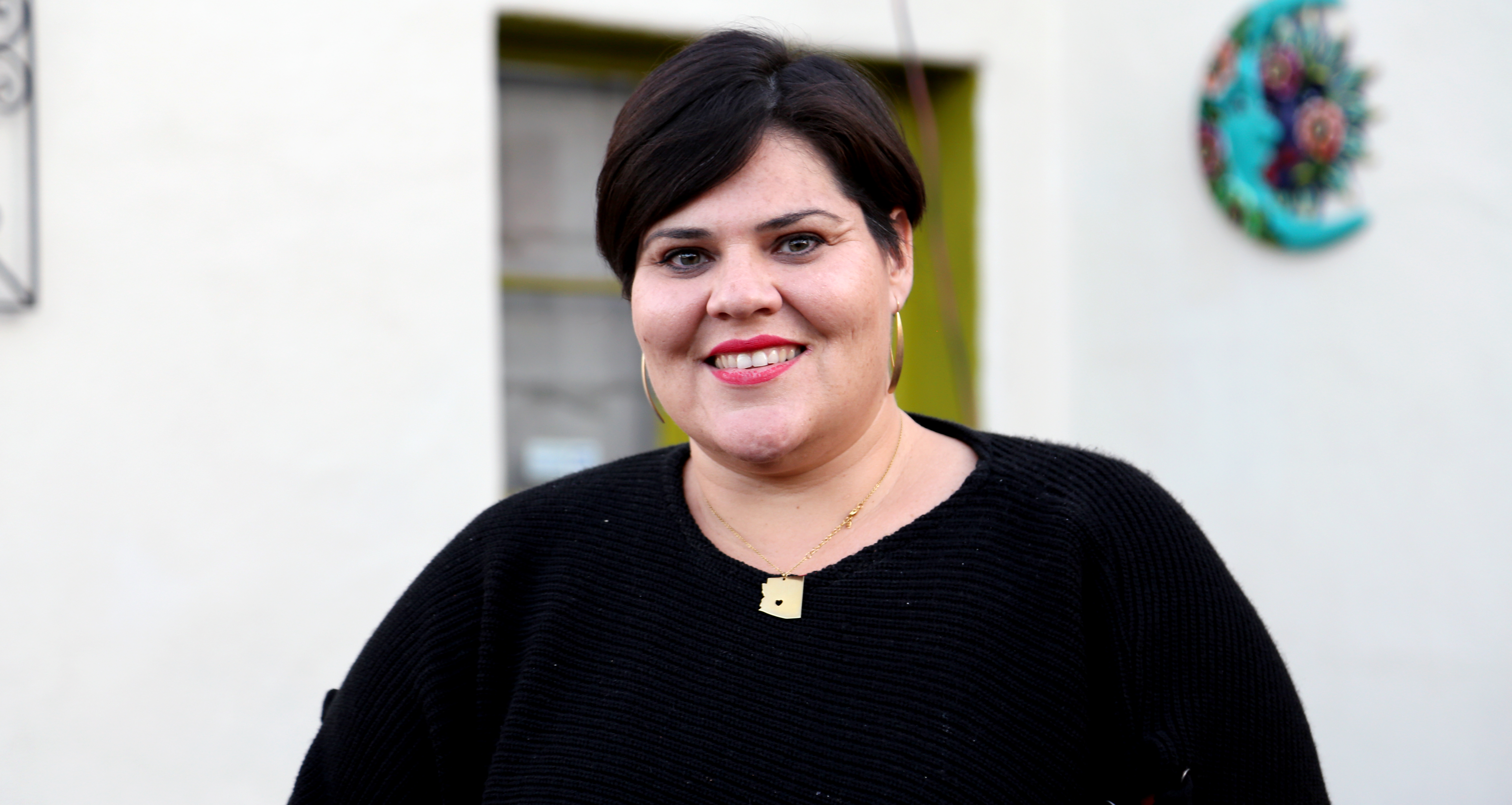Jesus Rubalcava: Education lawmaker sees the House as a big classroom
Hank Stephenson//March 27, 2017//[read_meter]
Jesus Rubalcava: Education lawmaker sees the House as a big classroom
Hank Stephenson//March 27, 2017//[read_meter]
Freshman Democratic Rep. Jesus Rubalcava of Gila Bend is a special education teacher and a longtime school board member in the Gila Bend Unified School District. As if that’s not...

















